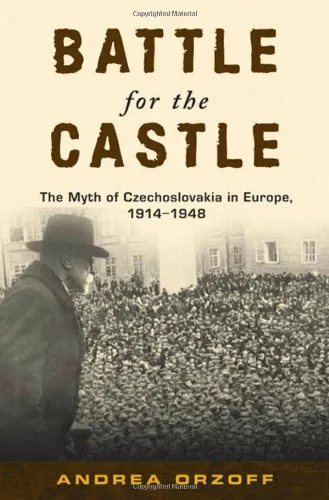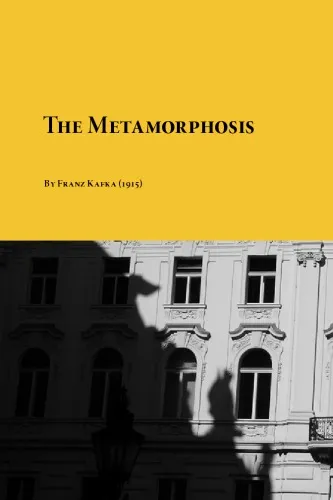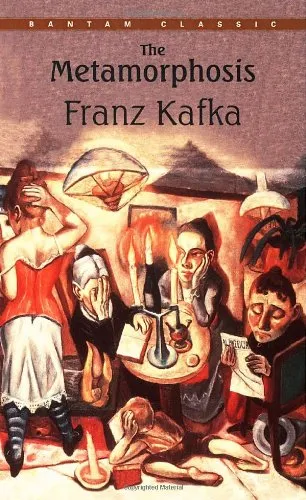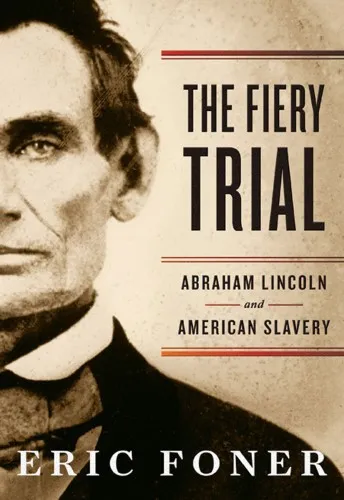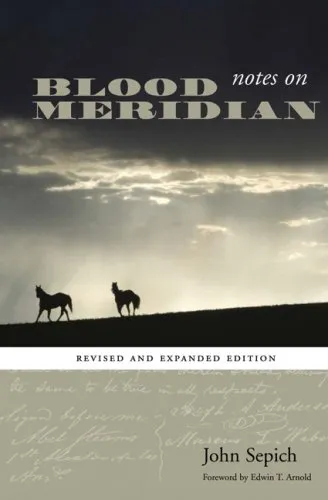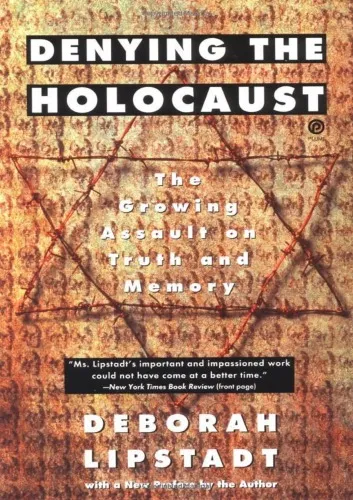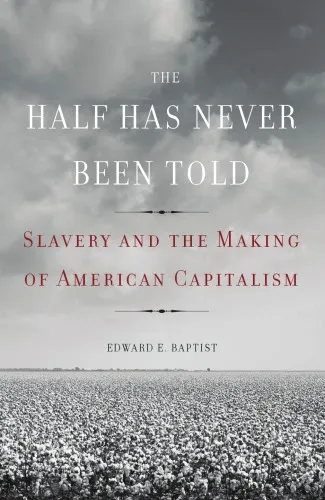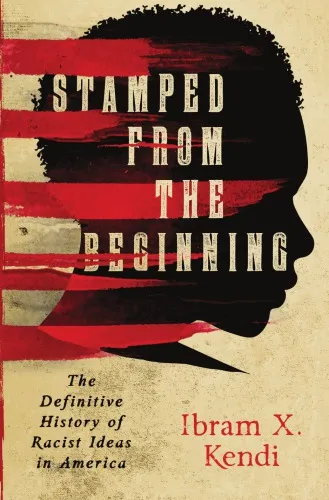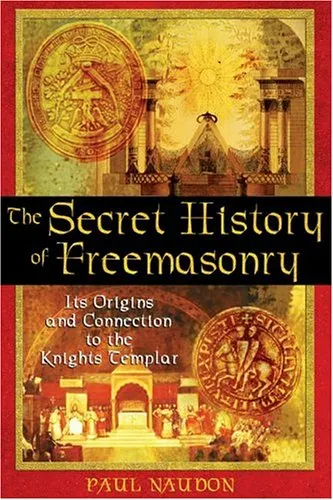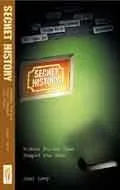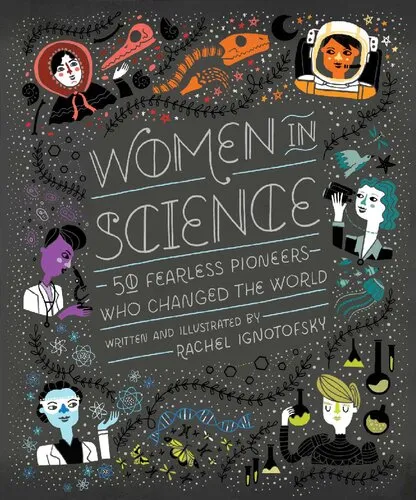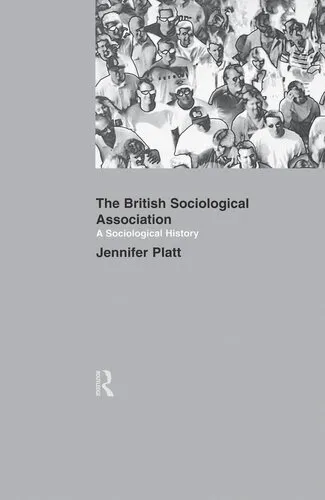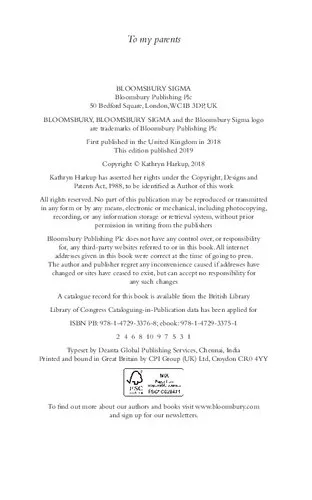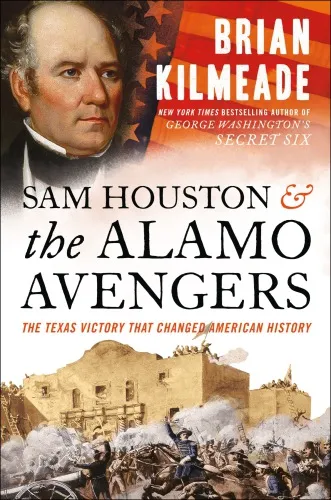Battle for the Castle: The Myth of Czechoslovakia in Europe, 1914-1948
4.5
بر اساس نظر کاربران

شما میتونید سوالاتتون در باره کتاب رو از هوش مصنوعیش بعد از ورود بپرسید
هر دانلود یا پرسش از هوش مصنوعی 2 امتیاز لازم دارد، برای بدست آوردن امتیاز رایگان، به صفحه ی راهنمای امتیازات سر بزنید و یک سری کار ارزشمند انجام بدینکتاب های مرتبط:
مقدمهای بر کتاب 'Battle for the Castle: The Myth of Czechoslovakia in Europe, 1914-1948'
کتاب 'Battle for the Castle: The Myth of Czechoslovakia in Europe, 1914-1948' اثر اندریا اورزوف به بررسی مفاهیم و افسانهها و اهمیت تاریخی چکسلواکی از سال ۱۹۱۴ تا ۱۹۴۸ میپردازد. در این کتاب، نویسنده به تحلیل عوامل سیاسی، اجتماعی و فرهنگی که منجر به شکلگیری و تثبیت افسانه دولتی چکسلواکی در اروپا شدند، میپردازد.
خلاصهای جامع از کتاب
در آغاز کتاب، اورزوف تصویری جامع از وضعیت چکسلواکی در دوران جنگ جهانی اول و دوم ارائه میدهد. او به بررسی نقش کلیدی رهبران چکسلواکی در صحنه بینالمللی، بهویژه تامس مازاریک و اِدوارد بنیس پرداخته و چگونگی تأثیرگذاری این شخصیتها بر سیاستهای اروپا را تحلیل میکند. اورزوف موضوعات متنوعی از جمله هویت ملی، عملکرد سیستمهای سیاسی و اقتصادی و تأثیرات فرهنگی بر شکلگیری هویت ملی چکسلواکی را موشکافی میکند.
نکات کلیدی
- تبیین نقش چکسلواکی به عنوان یکی از مراکز مهم سیاسی اروپا در نیمه اول قرن بیستم.
- تحلیل افسانههای ملی که به جلب حمایت بینالمللی برای کشور کمک کرد.
- بررسی دیپلماسی و سیاستهای اقتصادی چکسلواکی در دوره میان دو جنگ جهانی.
جملات معروف از کتاب
"مبارزه برای کاخ، مبارزهای برای هویت ملی و جهانی بود که در میدان دیپلماسی و سیاستهای بینالمللی رخ داد."
"چکسلواکی نمادی از امید و نوآوری در یک قاره پر از جنگ و سیاستهای پیچیده بود."
اهمیت این کتاب
'Battle for the Castle: The Myth of Czechoslovakia in Europe, 1914-1948' نه تنها یک منبع مهم برای علاقمندان به تاریخ چکسلواکی و اروپا است، بلکه درک بهتری از دینامیکهای پیچیده سیاسی و اجتماعی بینالمللی ارائه میدهد. این کتاب بهخصوص برای دانشجویان تاریخ و روابط بینالملل که به مطالعهای عمیق و جامع از تاریخ اروپا علاقهمندند، ارزشمند است.
Discover the riveting exploration of Central European history through Andrea Orzoff's meticulously researched work, "Battle for the Castle: The Myth of Czechoslovakia in Europe, 1914-1948". This compelling narrative deep dives into the identity, political dynamics, and international perceptions of Czechoslovakia during a tumultuous period in European history.
Detailed Summary of the Book
Andrea Orzoff's Battle for the Castle meticulously examines the complex fabric of myth-making surrounding Czechoslovakia from its inception after World War I to its disintegration in the aftermath of World War II. Orzoff delves into how Czechoslovak leaders and intellectuals cultivated an image of their nation not only as a model democracy in Central Europe but also as a bastion against the tide of totalitarianism sweeping the continent.
The book traces the history of Czechoslovakia from its foundation in 1918, highlighting key figures such as Tomas Masaryk and Edvard Beneš, whose diplomacy and political philosophies were pivotal in shaping the nation’s global reputation. Orzoff explores how this nascent nation brilliantly navigated between the major powers of the era, leveraging its perceived democratic ideals and cultural sophistication to gain favor among Western nations, particularly during the interwar period.
However, the advent of the Second World War challenged this image. As Nazi Germany expanded, Czechoslovakia faced existential threats, culminating in the Munich Agreement of 1938, which Orzoff meticulously analyzes. Post-war, Czechoslovakia's international image encountered further challenges as the Cold War era began to reshape Europe’s political landscape.
Key Takeaways
- Czechoslovakia's creation was intimately linked with the collapse of old empires and the tumult of WWI, setting the stage for modern Central European history.
- The role of international diplomacy and public relations was instrumental in shaping Czechoslovakia's image as a democratic island in a totalitarian sea.
- Orzoff highlights the significance of cultural diplomacy and intellectuals in crafting national identity.
- The dramatic shift from democracy to Soviet alignment post-WWII reveals the fragility of state myths under geopolitical pressures.
Famous Quotes from the Book
Andrea Orzoff's eloquent prose brings the history to life, providing profound insights. Some notable quotes include:
"In the great theater of European politics, Czechoslovakia sought not just to play its part but to define the stage on which others acted."
"Democracy was both the altar and the actor for Czechoslovakia, a symbolic bulwark against chaos."
Why This Book Matters
The period from 1914 to 1948 was one of seismic change in Central Europe, encapsulating the transition from empires to nation-states, the rise of totalitarian regimes, and the onset of the Cold War. Battle for the Castle is crucial for understanding how national mythmaking serves as a tool for political legitimacy and survival in turbulent times.
Andrea Orzoff's study not only highlights the historical significance of Czechoslovakia but also contributes to broader discussions on nationalism, identity, and the power of perception in international relations. It provides essential context for contemporary European politics, where the legacy of the 20th century continues to shape current affairs.
دانلود رایگان مستقیم
شما میتونید سوالاتتون در باره کتاب رو از هوش مصنوعیش بعد از ورود بپرسید
دسترسی به کتابها از طریق پلتفرمهای قانونی و کتابخانههای عمومی نه تنها از حقوق نویسندگان و ناشران حمایت میکند، بلکه به پایداری فرهنگ کتابخوانی نیز کمک میرساند. پیش از دانلود، لحظهای به بررسی این گزینهها فکر کنید.
این کتاب رو در پلتفرم های دیگه ببینید
WorldCat به شما کمک میکنه تا کتاب ها رو در کتابخانه های سراسر دنیا پیدا کنید
امتیازها، نظرات تخصصی و صحبت ها درباره کتاب را در Goodreads ببینید
کتابهای کمیاب یا دست دوم را در AbeBooks پیدا کنید و بخرید
1361
بازدید4.5
امتیاز0
نظر98%
رضایتنظرات:
4.5
بر اساس 0 نظر کاربران
Questions & Answers
Ask questions about this book or help others by answering
No questions yet. Be the first to ask!
